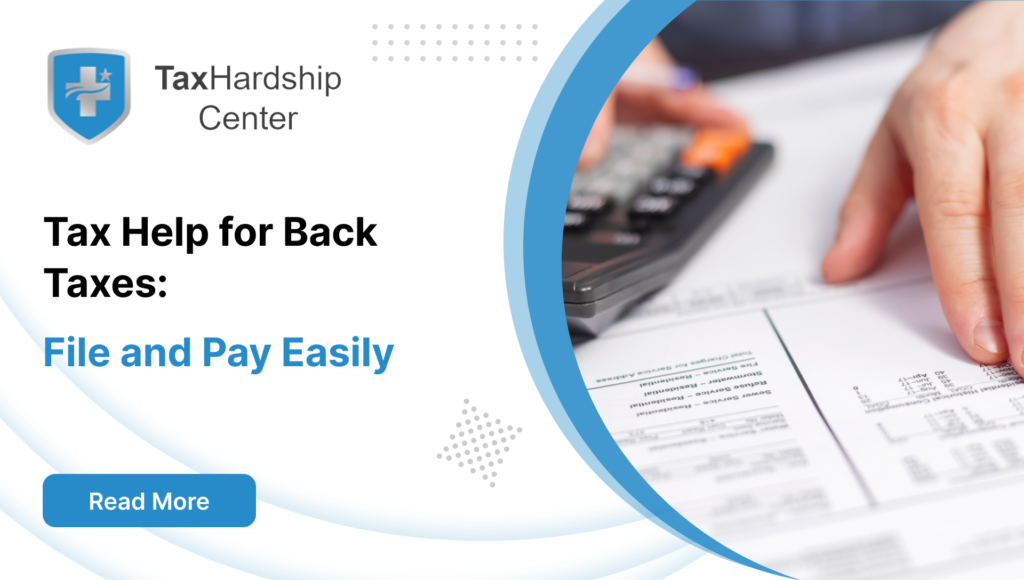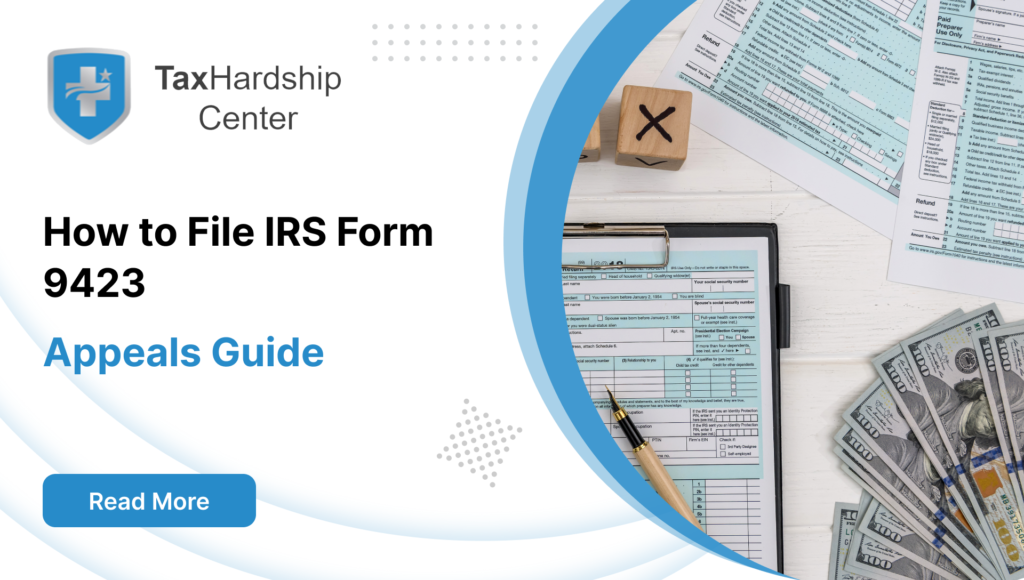In recent years, the digital economy has experienced rapid growth, primarily driven by the increasing popularity of cryptocurrencies. As digital assets such as Bitcoin, Ethereum, and many other cryptocurrencies become more commonplace, understanding their tax implications has never been more important.
Cryptocurrency taxes are a complex and ever-evolving area of financial regulation, and staying compliant requires careful consideration of several factors. This comprehensive guide aims to provide investors with a practical understanding of cryptocurrency taxes, capital gains, and the impact of these factors on tax returns.
What is Cryptocurrency?
Cryptocurrencies are digital or virtual currencies that utilize cryptography for security, making them secure and difficult to counterfeit. They operate on decentralized platforms, primarily blockchain technology, ensuring transactions’ transparency and immutability. Unlike traditional fiat currencies, cryptocurrencies are not controlled by any central authority, making them unique in their operation and regulation. This decentralization means that cryptocurrencies can provide more direct peer-to-peer transactions without the need for intermediaries such as banks.
Types of Cryptocurrencies
Bitcoin, introduced in 2009, was the first cryptocurrency and remains the most well-known and valuable. However, the market has since expanded to include thousands of other digital assets. Among these, Ethereum is notable for its smart contract functionality, enabling the creation of decentralized applications (dApps) on its platform. Ripple focuses on facilitating cross-border payments with its XRP token, providing efficient and low-cost transaction solutions. Each cryptocurrency has distinct features and use cases, contributing to the diversity of the digital asset landscape and offering various opportunities for investors and users alike.
How Tax Hardship Center Eases Cryptocurrency Tax Concerns
Navigating the complexities of cryptocurrency tax regulations can be overwhelming. At Tax Hardship Center, we understand cryptocurrency investors’ challenges and are here to help ensure a smooth and compliant tax resolution process.
Our experts can assist with:
- Comprehensive Record-Keeping: We’ll help you maintain accurate and detailed records of all your cryptocurrency transactions to ensure precise tax reporting.
- Calculating Taxes: Our professionals will help you accurately calculate your cryptocurrency gains and losses, ensuring compliance with tax laws and minimizing tax liability.
- Audit Navigation: In case of an audit, we provide robust support to help you defend your tax positions and manage the audit process effectively.
- Ongoing Support: We offer continuous assistance to help you manage your cryptocurrency tax situation, ensure compliance with evolving regulations, and address any changes in your financial circumstances.
Focus on growing your crypto investment portfolio; we’ll handle the taxes! Schedule a free consultation with the Tax Hardship Center today.
The Taxation Landscape for Cryptocurrency
How Cryptocurrencies are Taxed
Cryptocurrencies are treated as property or assets for tax purposes in many jurisdictions. This classification means that any transaction involving cryptocurrencies can trigger tax implications similar to those of other forms of property, like stocks or real estate. The resulting gain or loss must be reported when you sell or exchange cryptocurrency on your tax return. The way cryptocurrencies are taxed can vary significantly depending on the laws of your country or state, making it essential to understand the specific regulations that apply to your situation.
Reporting Requirements
Taxpayers are required to report all their cryptocurrency transactions on their annual tax returns. This includes not only the buying and selling of digital assets but also using cryptocurrencies to purchase goods or services. These transactions can create a taxable event, and accurate reporting is crucial to comply with tax laws. Failure to accurately report these transactions may result in penalties, fines, or other legal actions. As the regulatory landscape evolves, staying informed about the latest requirements is essential to avoid potential issues.
Understanding Taxable Events
Selling Cryptocurrency
When you sell cryptocurrency, the difference between the purchase price (cost basis) and the selling price (proceeds) is considered a capital gain or loss. If the selling price is higher than the purchase price, you have a capital gain, which is taxable. Conversely, if the selling price is lower, you incur a capital loss, which can be used to offset other capital gains. Understanding how to calculate these gains and losses accurately is vital for proper tax reporting and can significantly impact your overall tax liability.
Crypto as Payment
Receiving cryptocurrency as payment for goods or services is considered ordinary income and must be reported at its fair market value on the date you receive it. This income is subject to regular income tax rates, like wages or salaries. The value of the cryptocurrency at the time of receipt forms the basis for future transactions, and any subsequent changes in value will also need to be reported. Keeping detailed records of these transactions ensures you can accurately report income and comply with tax obligations.
Calculating Cryptocurrency Taxes
Determining Gains and Losses
To calculate gains and losses from cryptocurrency transactions, follow these steps:
- Determine the Cost Basis: The original value of the cryptocurrency when you acquired it. This includes the purchase price and any associated fees.
- Calculate the Proceeds: When you sell or exchange a cryptocurrency, its value should be based on its fair market value at the time of the transaction.
- Subtract the Cost Basis from Proceeds: Your capital gain or loss is the difference. Positive differences represent gains, while negative differences indicate losses.
Accurate calculations of gains and losses are crucial for tax reporting and compliance. Utilizing software or professional services can ensure precision and avoid errors that might lead to issues with tax authorities.
Record-Keeping Best Practices
Maintaining detailed records of all cryptocurrency transactions is crucial for accurate tax reporting. This includes dates of acquisition and sale, amounts and values at the time of transactions, and any associated fees. Reliable record-keeping helps calculate gains and losses correctly and provides a clear trail for tax authorities if ever audited. Consider using specialized accounting software to track and manage cryptocurrency transactions, as this can streamline the record-keeping process and reduce the risk of errors.
Special Considerations for Cryptocurrency Investors
Forks and Airdrops
Forks and airdrops are events where you receive new cryptocurrencies. A fork occurs when a blockchain splits into two paths, creating a new cryptocurrency. An airdrop involves receiving new tokens for free, often as part of a promotional campaign.
For tax purposes, the new cryptocurrencies received through forks or airdrops are considered income and must be reported at their fair market value on the date received. This value serves as the cost basis for any future transactions involving these assets. Understanding the tax implications of these events can help you manage your tax liabilities and avoid surprises.
Mining and Staking Rewards
Mining involves using computational power to validate and secure transactions on a blockchain network. In exchange, miners receive new cryptocurrency tokens as rewards. Staking involves holding cryptocurrency in a wallet to support network operations and earning rewards.
Both mining and staking rewards are considered ordinary income and must be reported at their fair market value on the date received. Accurately tracking these rewards and their corresponding values ensures compliance with tax regulations and helps in proper financial planning.
Tax Planning Strategies for Cryptocurrency
Holding Periods and Rates
The tax rate on capital gains depends on how long you hold the cryptocurrency. Short-term gains (assets held for less than one year) are taxed at ordinary income tax rates, while long-term gains (assets held for more than one year) benefit from lower tax rates. Strategic planning around holding periods can minimize your tax liability. By understanding the tax implications of holding periods, investors can make informed decisions about when to sell their assets to optimize their tax outcomes.
Loss Harvesting
Crypto investors can use losses to offset capital gains effectively. If your cryptocurrency portfolio experiences losses, you can sell these assets to realize the losses, which can be used to reduce taxable gains from other investments. This strategy, known as loss harvesting, can significantly lower your overall tax burden. Planning and executing loss harvesting strategies at the right time can help optimize your investment returns and reduce your tax liabilities.
Avoiding Common Pitfalls
Compliance Issues
One of the common pitfalls in cryptocurrency taxation is underreporting or misreporting income. Given the volatile nature of cryptocurrencies, their values can fluctuate considerably, making it challenging to keep accurate records. However, failure to comply with reporting requirements can result in severe penalties. Staying informed about the latest tax laws and regulations and using reliable tools and resources for record-keeping can help avoid these compliance issues.
Dealing with Audits
Given the increasing scrutiny by tax authorities, preparing for potential audits is essential. Keeping detailed records and understanding the tax implications of all cryptocurrency transactions can help you defend your positions during an audit. If you are audited, consulting a tax professional is highly advisable. Proactive and prepared for audits can help mitigate risks and ensure compliance with all applicable tax laws and regulations.
When to Seek Professional Tax Assistance
Cryptocurrency taxation involves complex rules and regulations that can be challenging to navigate. Seeking professional tax assistance is beneficial in situations such as:
- Large or numerous cryptocurrency transactions.
- Receiving cryptocurrencies through forks, airdrops, mining, or staking.
- Uncertainty about calculating gains or losses.
- Preparing for an audit.
Professional tax advisors can provide valuable guidance and support, helping you navigate the complexities of cryptocurrency taxation and ensuring that you comply with all relevant laws and regulations.
Conclusion
Staying informed and compliant with cryptocurrency tax regulations is crucial for any investor in the digital asset market. As this area continues to evolve, understanding the tax implications of your cryptocurrency transactions will help you make informed decisions and avoid potential pitfalls. By keeping detailed records, leveraging tax planning strategies, and seeking professional assistance, you can manage your cryptocurrency taxes effectively and focus on building your investment portfolio.
Navigating the complex landscape of cryptocurrency taxes requires diligence and knowledge. However, being proactive and informed can save you time, money, and stress while ensuring you remain on the right side of tax regulations. Whether you are a seasoned investor or new to the world of digital assets, staying abreast of tax laws and seeking professional guidance when necessary will help you achieve your financial goals while maintaining compliance.
Why Tax Hardship Center?
1. Hassle-Free Assistance:
Say goodbye to sleepless nights and endless tax-related stress. At the Tax Hardship Center, we believe in simplifying the complex. Our team of experts is dedicated to guiding you through every step of the process, ensuring that your tax concerns are met with precision and care.
2. 14-Day Money Back Guarantee:
We’re so confident in our ability to ease your tax worries that we offer a 14-day money-back guarantee. If, for any reason, you’re not satisfied with our service, we’ll gladly refund your investment. Your peace of mind is our top priority!
3. Free Consultation:
Are you curious about how we can transform your tax experience? Book a free consultation now! Our team will assess your situation, answer your questions, and provide free insights tailored to your needs.
4. Nationwide Coverage:
No matter which corner of the United States you call home, the Tax Hardship Center covers you. We proudly serve all 50 states, bringing our expertise to your doorstep. Wherever you are, our commitment to excellence follows.
FAQs:
1. What are the basic tax implications of selling cryptocurrency?
When you sell cryptocurrency, the difference between the purchase price (cost basis) and the selling price (proceeds) is considered a capital gain or loss. If the selling price is higher, you have a taxable capital gain. If lower, you incur a capital loss, which can offset other capital gains.
2. How should I report cryptocurrency received as payment for goods or services?
Cryptocurrency received as payment is considered ordinary income and must be reported at its fair market value on the date you receive it. This income is subject to regular income tax rates, like wages or salaries.
3. What records must I keep for accurate cryptocurrency tax reporting?
You should maintain detailed records of all cryptocurrency transactions, including dates of acquisition and sale, amounts and values at the time of transactions, and any associated fees. Accurate record-keeping ensures the correct calculation of gains and losses and compliance with tax authorities.
4. How are cryptocurrencies obtained through forks or airdrops taxed?
Cryptocurrencies received through forks or airdrops are considered income and must be reported at their fair market value on the date received. This value serves as the cost basis for future transactions involving these assets.
5. When should I seek professional tax assistance for cryptocurrency transactions?
You should seek professional tax assistance if you have large or numerous cryptocurrency transactions, receive cryptocurrencies through forks, airdrops, mining, or staking, are uncertain about calculating gains or losses, or are preparing for an audit. Professional guidance ensures compliance and minimizes tax liability.








